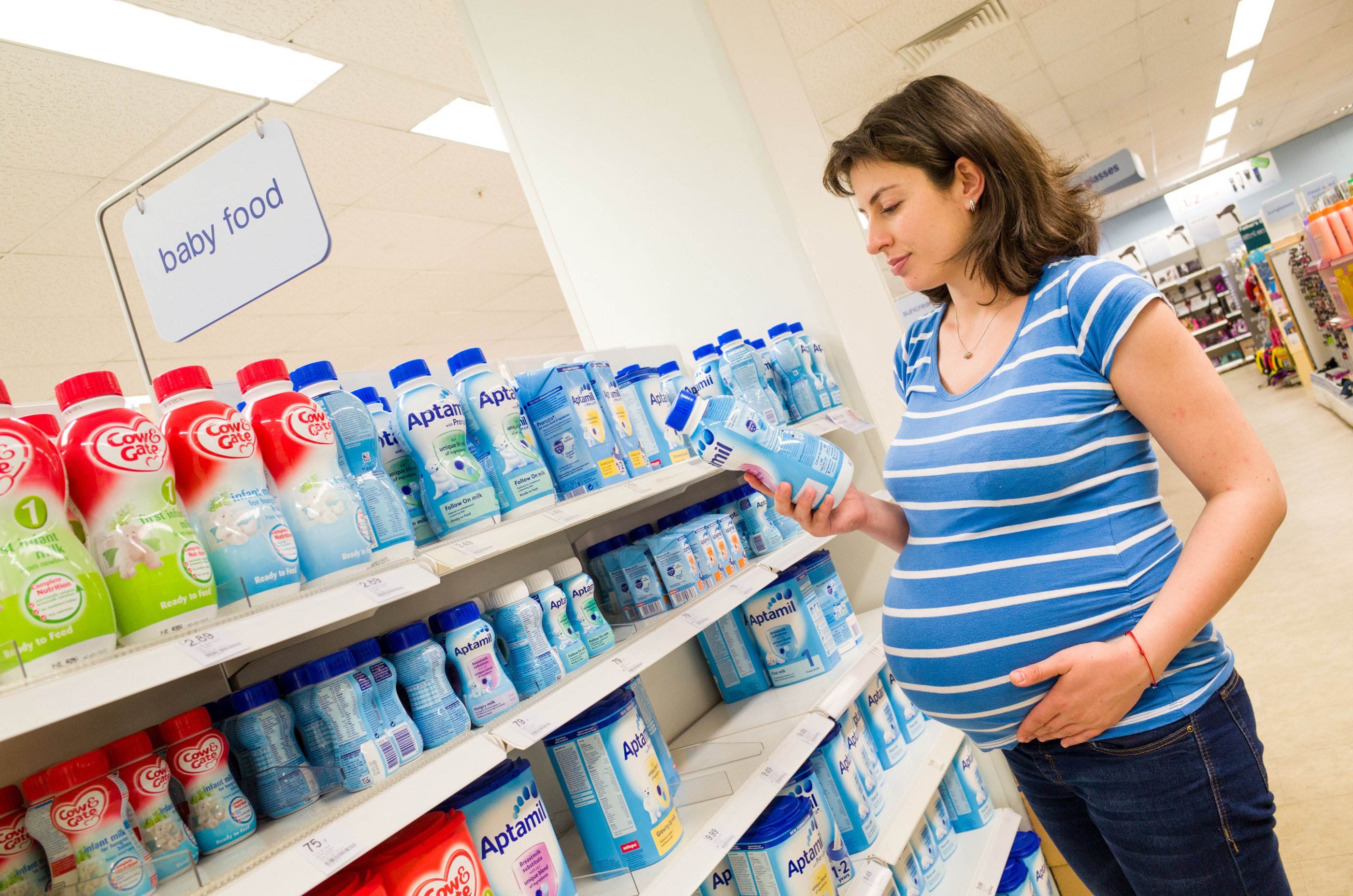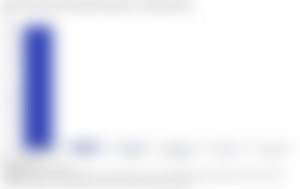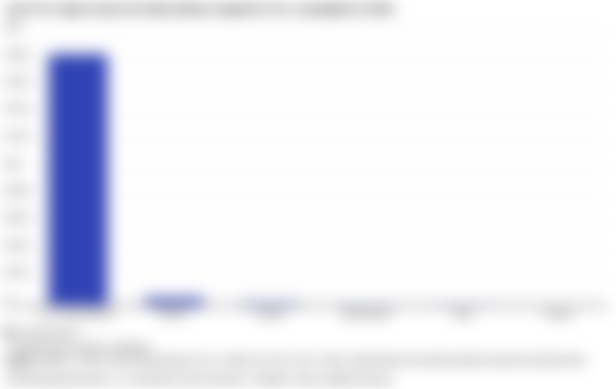Wait, importing baby formula from Europe is illegal?!?

The U.S. is currently experiencing a baby formula shortage. Formula is made from protein concentrate from cow’s milk, rice starch, corn syrup, and oil. It is sold ready to drink and in powdered forms that are to be mixed with water.
A nationwide formula shortage has left shelves bare and parents scrambling. National out‐of‐stock levels have reached 40 percent.
Why? Because there are only four companies that produce roughly 90% of US baby formula - with Abbott and its brands accounting for 50% of that market. News articles are also blaming supply-chain snarls related to COVID-19, manufacturers having more difficulty procuring key ingredients, packaging hangups, and labor shortages.
The U.S. baby formula industry is minuscule by design. The Department of Agriculture has a special group called WIC (Special Supplemental Nutrition Program for Women, Infants, and Children) that is the largest purchaser of infant formula in the U.S. – it awards contracts to a small number of approved formula companies. A 2011 analysis by USDA showed 3 companies accounted for nearly all U.S. formula sales: Abbott, Mead Johnson, and Gerber. 98% of U.S. consumed formula is produced domestically.
The Abbott baby formula plant in Sturgis, Michigan, the largest domestic one they have, has recently been under investigation for safety concerns. The pathogen Cronobacter sakazakii was found there, and the FDA was investigating four bacterial infections among infants who consumed powdered formula from that plant. Two of those babies died. The plant has recently made a legally binding agreement between regulators and the company to reopen ASAP - an agreement with US health regulators to restart production at that factory.
They will need to exhaustively clean the facility and equipment, retrain staff, and repeatedly test and document that there is indeed no contamination. However, it will be well over a month before any new products ship from the site. Abbott said it would take between 6-8 weeks before the formula will begin arriving in stores once production starts back up.
I’m living in Europe currently, and thought to myself, hey why I don’t I just ship some baby formula over to America to help my friends and family. So I started researching this option.
What I found shocked me. The U.S. subjects infant formula to tariffs up to 17.5 percent and tariff‐rate quotas (TRQs) with some subjected to a tariff with excess subject to a tariff AND additional duties. Additionally, selling and importing baby formula from Europe is illegal, the F.D.A. has said, as they do not have official distribution channels in the United States.
Imported formulas ordered online from other countries, because they are not reviewed by the FDA (which is a requirement for all infant formulas sold in the U.S) may not meet U.S. standards for quality, nutrition, or packaging. They also run the risk of potentially being contaminated. The U.S. imports formula from Mexico and Canada, but under President Trump, the U.S. entered into a new North American trade agreement that actively discouraged importing formula from Canada. Also as evident in this chart, we really don’t import that much.

Christina Szalinski, a freelance science writer, reported in March 2021, “baby formula is one of the most tightly regulated food products in the US, with the Food and Drug Administration (FDA) dictating the nutrients and vitamins, and setting strict rules about how formula is produced, packaged, and labeled.”
As far back as 2019 parents were turning to formulas produced by European brands like HiPP and Holle as they assumed them to be superior to American companies.
There has been for quite some time, a black market for Euro baby formula; German imports can cost $26 for a 400-gram box; quadruple the price of the top US baby formula by weight. In April 2021, US Customs and Border Protection in Philadelphia seized 588 cases of baby formula ($30,000 worth) saying they violated FDA “import safety regulations”
And the scare tactics around doing this are strong. They say that 1) Euro vendors may not store the powdered formula properly. 2) There is no system in place to notify consumers in the United States if any of these formulas are recalled. 3) While many Euro formulas contain the nutrients required in the U.S., some do not. 4) European formulas labeled hypoallergenic aren’t meant for children with cow’s milk allergies, which U.S. parents might not know. 5) It is impossible to know is Euro formulas are transported under safe temperature conditions. 6) European formulas are mixed differently than US formulas—one scoop for 1 ounce of water, instead of the US standard of one scoop per 2 ounces of water 7) Labels often do not come in English.
In one study, published in the Journal of Pediatric Gastroenterology and Nutrition, doctors examined 14 of the most frequently purchased European powdered formulas imported into the U.S. (including HiPP, Holle, Lebenswert and Töpfer) - None of the 14 formulas studied met all FDA labeling requirements: 9 labels were not written in English and 10 did not have all of the required nutrients listed on their labels.
“I didn’t really care what the science said or nutritionally what was in there as long as he was taking it and it was sustaining him,” said Dr. Christina Garza who used Holle after her breastfed son developed blood in his stool. “There was all this pressure to produce this ‘pure’ food for my kid that wasn’t going to upset his digestive tract.” – From a April 18, 2020 New York Times Article.
FROM THE SAME ARTICLE “According to Dr. Abrams, the United States has such a wide variety of infant formulas there’s no need to purchase it from Europe.” – Oh well looks like the tides have changed, huh?
“There is a wide variety of regulated infant formulas available in the US,” Bridget Young, PhD, a professor of pediatrics at the University of Rochester School of Medicine and Dentistry, said in a NYT March 2021 article. Again – not anymore.
From a September 2019 article “It’s Popular—But Is It Necessary?” – yes, now it is.
What is wrong with European baby formula? (Answer: nothing really)
Differences in food safety regulations, in standards for defining production processes, different definitions of “organic”, and differences in desires for product characteristics disrupt international trade flows.
FDA Commissioner Robert Califf announced this week (May 2022) that the FDA is easing some restrictions on which manufacturers can sell infant formula in the U.S.: "Our new guidance streamlines the ability for companies, including those that do not normally sell infant formula in this country, to make products available to the U.S. market." So Europe, right?
Europe generally has better food standards. European regulations against additives in foods are generally stricter than in the U.S. Europe is more precautionary while the U.S. governing bodies are more reactive. In the U.S. food additives are innocent until proven guilty while Europe only approves additives proven not to be harmful. The U.S. requires labeling the 8 common allergens (milk, egg, fish, shellfish, tree nuts, wheat, peanuts, and soybeans) but the EU guidelines require the listing of 14 different allergens (celery, cereals containing gluten, rye, crustaceans, eggs, fish, lupin, milk, mollusks, mustard, tree nuts, peanuts, sesame seeds, soybeans, sulfur dioxide, and sulfites).
Additionally, the EU does not let known or suspected carcinogens (cancer-causing agents) in their food, Potassium Bromate (added to flour to make dough rise higher and turn white) and Azodicarbonamide ((ADA) a whitening agent for cereal) are common in the US but banned in the EU.
To make matters worse, the U.S. government relies on the companies producing the products to prove their own guilt. FDA does not have any authority over food, it just compiles a list of food and food ingredients that are Generally Recognized As Safe (GRAS), that allows food companies to be protected from lawsuits that could occur under U.S. liability law. Therefore, companies ‘recognize’ the product as safe, and the FDA adds them to the GRAS list. This is done to provide companies blanket legal protection from litigation.
Example; Yellow dyes 5 & 6, red dye 40, blue dye 1, and caramel coloring are all FDA approved in GRAS but studies have shown these ingredients are linked to neurological problems, allergies, and brain cancer. These chemical additives are banned in France, UK, Norway, Austria, and Finland. American food companies produce healthier versions of products to sell to Europe. Heinz, Quaker Oats, and Mountain Dew have products with less chemical additives for sale in European markets. The U.S. use GMO’s, but when European citizens rejected GMO foods, GMO corn exports to Europe (worth $305 million in 1995) decreased to $2 million in 2001.
This week (May 2022), Susan Mayne, the director of the Center for Food Safety and Applied Nutrition at the FDA, said the agency would “approve new types of [baby] formula from foreign and domestic sources on a case-by-case basis.”
Ironically, While the EU and US require largely the same vitamins and minerals in baby formula, with a notable differences being iron and the omega-3 fatty acid DHA, the EU requires higher levels of DHA in their formula that isn’t required in the US, making nearly all American baby formulas fail to meet EU standards. Similarly, formulas in the US contain more iron than their European counterparts do. While there are differences between Euro and U.S. formulas, most of them are relatively minor.
Califf said the FDA would prioritize companies that provide large shipments and can show documentation their formulas are safe/compatible with US nutrition standards.
It is obvious the question is not what formula is best, but who decides what formula is best.
President Biden will not be invoking the Defense Production Act to increase formula production ‘at this time’. Biden spoke with companies that produce and sell infant formula last Thursday (Oh wow all 4 of them?!). The FDA says the agency "is doing everything in its power to ensure there is adequate product available where and when they need it." but I am inclined to believe that is not the case.
A good take home message, European imported baby formula is safe, may be iron enhanced, and is NOT illegal to purchase for personal or family use. Liquid milk and milk products intended for use by infants or very young children are admissible if in a reasonable or small quantity for several days use, says U.S. Customs and Border Protection.
We need to completely repeal both TRQs on baby formula and milk-marketing orders to prevent any further formula shortage crisis. Regulations set by the FDA affecting formula imports should be out of NECCESSITY based on science, not out of concern for four company’s financial interests. If we continue to reduce trade with other countries for an essential good, we make ourselves more vulnerable to emergencies like a bacteria-infested plant in Michigan.
Other Sources:
https://www.cato.org/blog/rock-bye-trade-restrictions-baby-formula
https://www.theatlantic.com/ideas/archive/2022/05/baby-formula-shortage-abbott-recall/629828/
